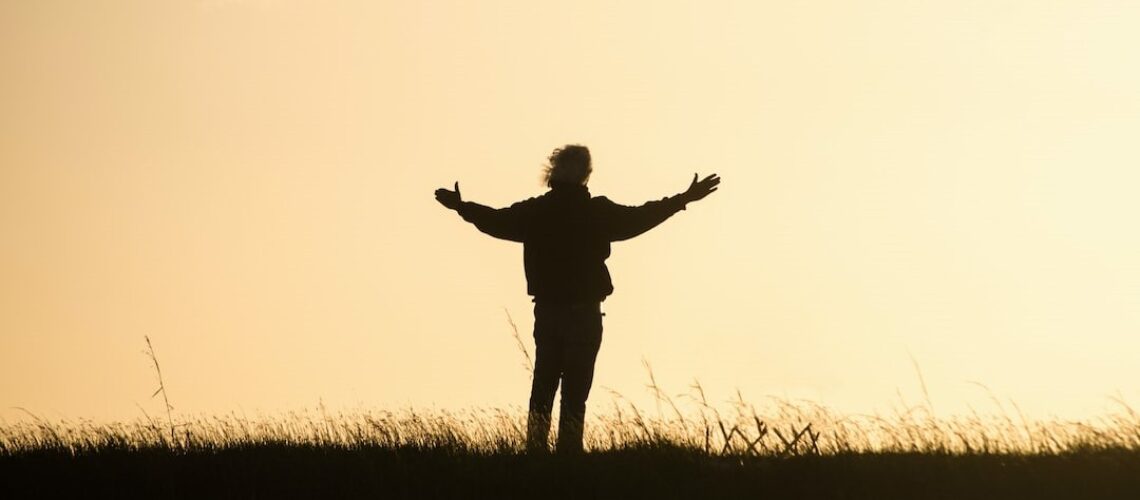Why Even Ordinary Days Are Miracles
Some mornings, I catch myself staring at the sky. It’s not a spectacular sky—no rainbow, no comet, no painter’s sunset. Just a soft blue streaked with clouds, the same kind of sky I’ve seen thousands of times. And yet I’ll pause and think: this is incredible. I’m here, breathing, awake to it.
Life often feels ordinary, but that ordinariness is deceptive. What’s ordinary to us is miraculous in the grand scheme of things. Every moment we’re alive is a once-in-eternity event, never to be repeated, never to be retrieved once it passes.
Against the Background of Rarity
Think of the odds. Out of all the possible configurations of matter in the universe, somehow you came into existence. You didn’t have to exist. Most possible people never do. But you did. You’ve won the rarest lottery imaginable: the chance to be conscious in this vast cosmos.
When we see life against this backdrop, even our smallest experiences shine differently. A walk to the mailbox becomes a privilege. A sip of coffee, a minor miracle. Even frustration—the traffic jam, the long line at the grocery store—is only possible because we’re alive at all to feel it.
That’s not meant to trivialize hardship. Life is difficult. Suffering is real. But difficulty doesn’t cancel the miracle—it proves how much we care about this improbable gift. We get upset, not because life is worthless, but because we instinctively know it matters.
Why Precious Things Demand Attention
We treat life casually because it feels abundant. Days pile up in our memory like leaves, and it seems like more will always fall. But the truth is, every leaf is irreplaceable.
Think of a rare jewel. If you held one, you’d never toss it in a drawer or forget it on a bus seat. You’d handle it carefully, with awe. Life deserves the same reverence. Not just in the sense of hushed solemnity, but also in the sense of vivid appreciation. Life is precious because it is finite. Its very scarcity is what makes it dazzling.
The danger isn’t that life will end—that’s inevitable. The danger is that we’ll live as though it isn’t precious, numbed by routine, blind to wonder, anesthetized by familiarity.
Reclaiming Everyday Wonder
How do we resist that anesthesia? By waking ourselves up—again and again—to the aesthetic of existence. By learning to see the extraordinary in the ordinary.
That doesn’t mean manufacturing constant excitement. It means remembering that life itself is the spectacle. The breeze on your face, the hum of conversation in a café, the silent steadiness of stars overhead—these are not background noise. They are the music of existence, playing for a brief time, and you get a front-row seat.
You don’t need to wait for perfect circumstances. Wonder can arise in the middle of stress, exhaustion, or grief. It’s not about denying difficulty; it’s about noticing the light that still filters through it.
The Perspective Shift
Try reframing today with one simple exercise: pause and name three things you wouldn’t have if you weren’t alive.
Maybe it’s the smell of your morning coffee, the sound of a friend’s laughter, or the fact that you can read these words. Ordinary things, yes—but extraordinary once you remember that existing at all is rare.
When you make this shift, life stops feeling like an endless list of demands. It begins to feel like bonus time. Even the day’s challenges rest on the deeper foundation of privilege: I get to be alive for this.
A Gentle Reminder
This isn’t a call to live frantically, seizing the day in a frenzy of bucket-list checking. It’s a call to live attentively, reverently, appreciatively.
Life doesn’t ask us to wring it dry of experiences or accomplishments. It asks us to notice. To savor. To honor its rarity by refusing to sleepwalk through it.
Your life—today, even in its ordinariness—is precious. Treat it like the miracle it is.
For more like this, visit the broader project at life-savor.com, or explore the Life Savor book itself.
To learn more about Life Savor’s philosophy,
read Life Savor: Treasuring Our Gift of Life by Erik Victor Reed.








